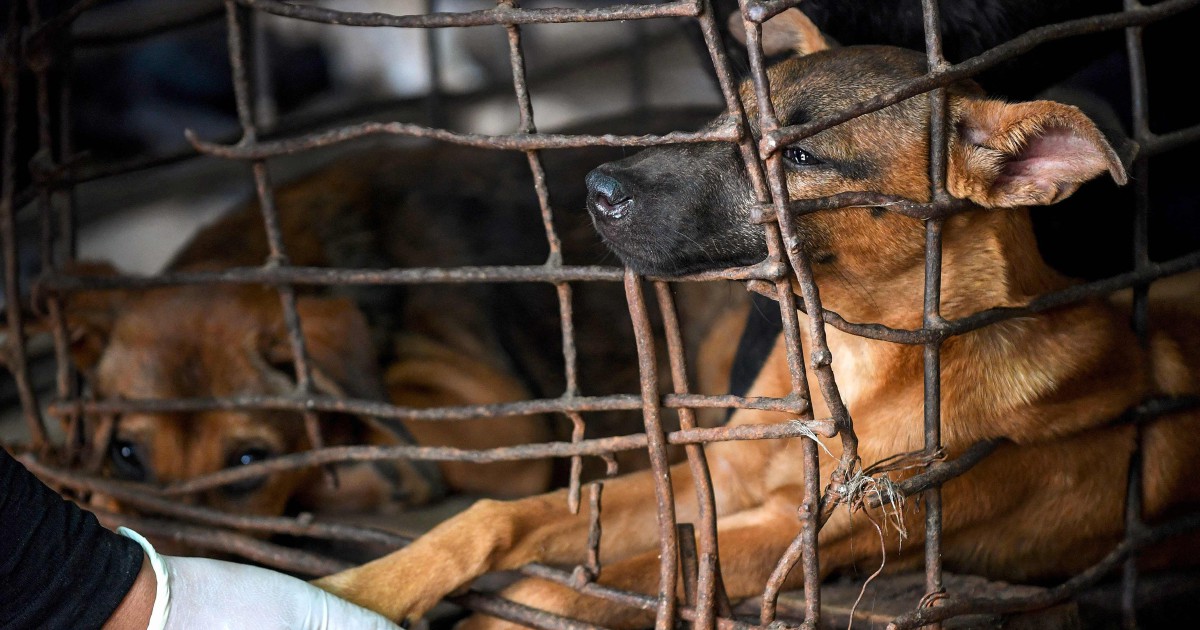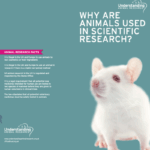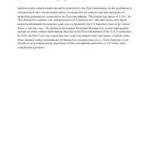In the rich tapestry of cultural practices around the world, Vietnam presents a compelling case when examining the complex relationship between human beings and the animal kingdom. The nation, known for its vibrant landscapes and culinary diversity, is also grappling with an intricate moral dilemma surrounding animal welfare. The advent of new legislation aimed at combating animal cruelty evokes a glimmer of hope, yet raises essential questions: Does Vietnam truly enforce these laws? What does this mean for animals caught in the crosshairs of tradition and modernity?
In early 2018, Vietnam embarked on an ambitious legislative journey by amending its Animal Health Law to include provisions specifically designed to protect animals. This was a watershed moment for animal rights advocates, signaling a potential shift in societal attitudes. However, transforming legal language into tangible change is akin to planting a seed in barren soil—growth can be slow, and results are often invisible at first. The law encompasses a range of animals, focusing on domestic pets, livestock, and wildlife, promoting humane treatment, and establishing penalties for those who inflict unnecessary suffering. Nevertheless, the effectiveness of enforcement remains precarious.
The critical question looms: Are Vietnamese authorities up to the challenge? Enforcement of animal cruelty laws requires not just legislation but the will and means to apply them. In Vietnam, where traditional practices often clash with emerging ideologies on animal welfare, the enforcement apparatus often appears limited. Law enforcement agencies, in many instances, may lack resources or training in understanding the nuances of animal welfare. Thus, despite the legal framework, implementation can falter like a ship adrift in turbulent waters.
One must consider the cultural paradigm shifts taking place beneath the surface. Vietnam holds a complex relationship with animals, where they are both revered and consumed. Dogs, for instance, are often considered loyal companions, yet they are also subjected to unfortunate fates as food. This duality reflects a culture balancing between age-old customs and evolving perceptions of animal rights. As awareness of animal welfare grows, particularly among younger generations, the societal fabric is beginning to fray at the edges of traditional perspectives.
The dichotomy inherent in this cultural scenario is striking. As people advocate for compassionate treatment and humane practices, existing customs continue to exert a pull, like tides shaped by the moon. The rise of animal rights organizations in Vietnam serves as a beacon of change. These groups work tirelessly to address cases of cruelty, push for policy reform, and educate the public on humane treatment of animals. Yet, they, too, face significant hurdles. The lack of support from governmental bodies can stymie grassroots efforts, making it crucial for activists to rally public opinion and leverage social media to spread their message.
A particular area of concern remains the practice of dog meat consumption, which has ignited heated debates both domestically and internationally. While many Vietnamese individuals and families continue to consume dog meat, a growing segment of the population is pushing back, aligning more closely with global norms centered around animal rights. Opening dialogues surrounding this tradition is key, as it illustrates the need for compassionate discourse to bridge divides between entrenched beliefs and budding ideologies.
Another facet of the enforcement challenge is the prevalence of illegal wildlife trade, where the scales of profit heavily tip in favor of criminals. Despite existing laws aimed at protectively safeguarding endangered species, enforcement is often ineffectual. Poaching, trafficking, and illegal trade remain rampant, driven by demand for exotic pets, traditional medicine, and luxury items. Each confiscated animal represents not just a loss of biodiversity but a stark reminder of humanity’s ongoing struggle with ethical stewardship.
In many ways, the plight of animals in Vietnam serves as a microcosm of a larger existential dilemma facing the world. The inherent conflicts between utilitarian perspectives and emerging ethical considerations reflect a global discourse on animal rights. As nations grapple with legislation and enforcement, it becomes increasingly clear that laws alone cannot foster change without a cultural foundation that values empathy and compassion towards all sentient beings. The process is akin to a delicate dance, where tradition and modernity must synchronize to produce harmony.
As various groups in Vietnam advocate for enhanced enforcement of animal cruelty laws, they do so with the recognition that change is a gradual process. Molding public opinion can be an arduous task, yet it is vital. Concerted efforts are necessary to cultivate empathy and awareness. The more individuals learn about the needs and experiences of animals, the more likely they are to advocate for their protection. Just as sunlight nurtures the growth of a sapling, education fosters a burgeoning awareness that can dismantle archaic practices.
In conclusion, while Vietnam has taken significant strides towards enshrining animal welfare in law, true enforcement remains a challenge that requires a multifaceted approach integrating community support, governmental commitment, and cultural sensitivity. As societal values evolve, so too will the nuances of enforcement. The path forward will demand perseverance, but the potential for transformation exists. Every step taken towards advocating for animal rights cultivates a more compassionate society, wherein the lives of animals are valued, protected, and celebrated.







